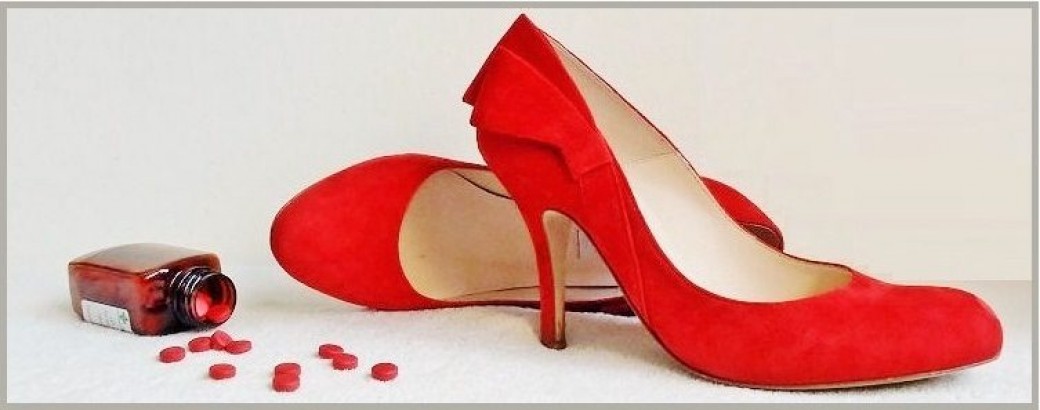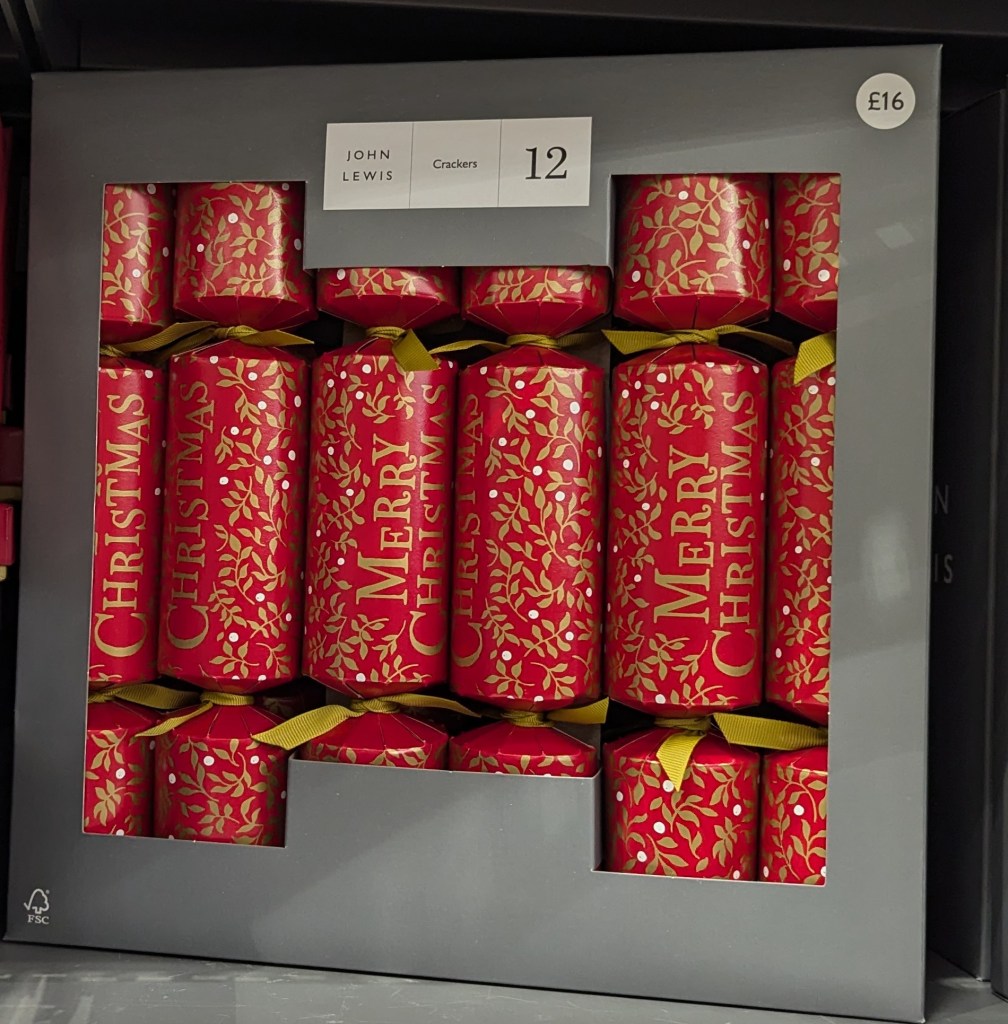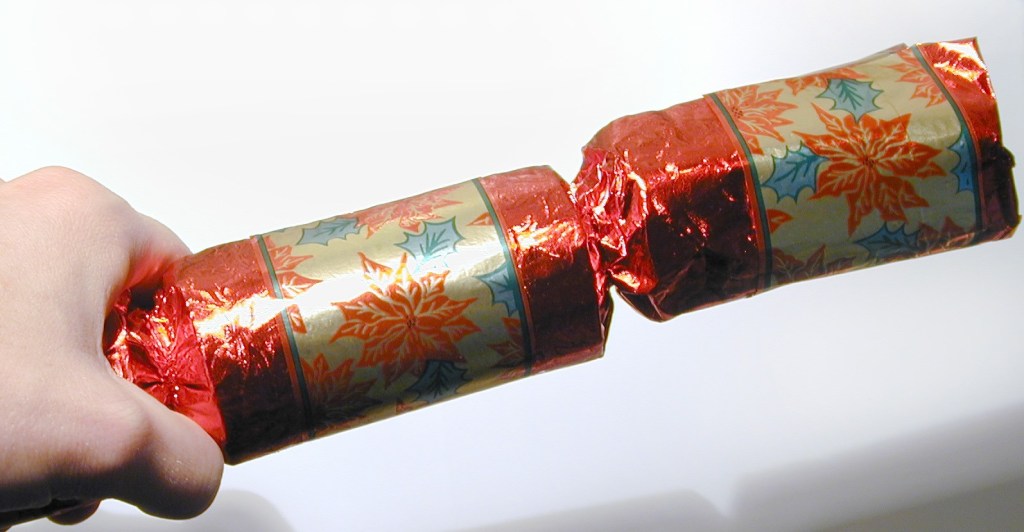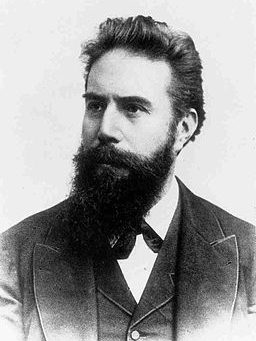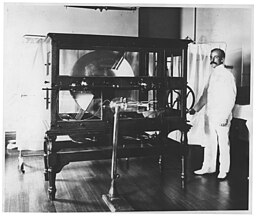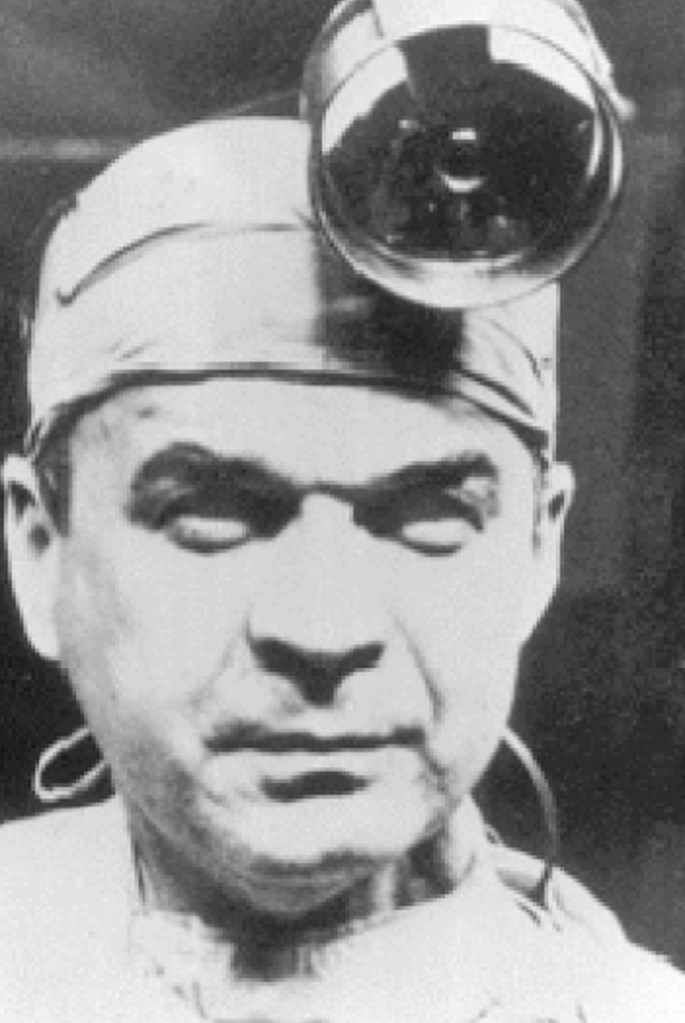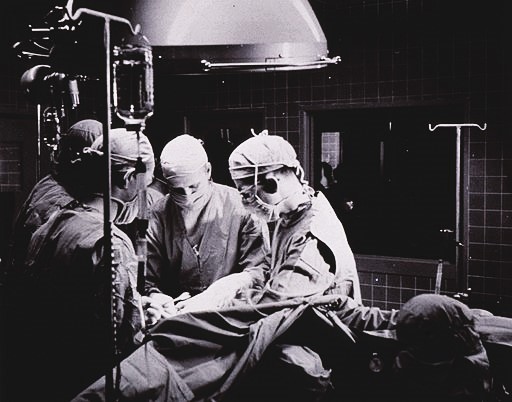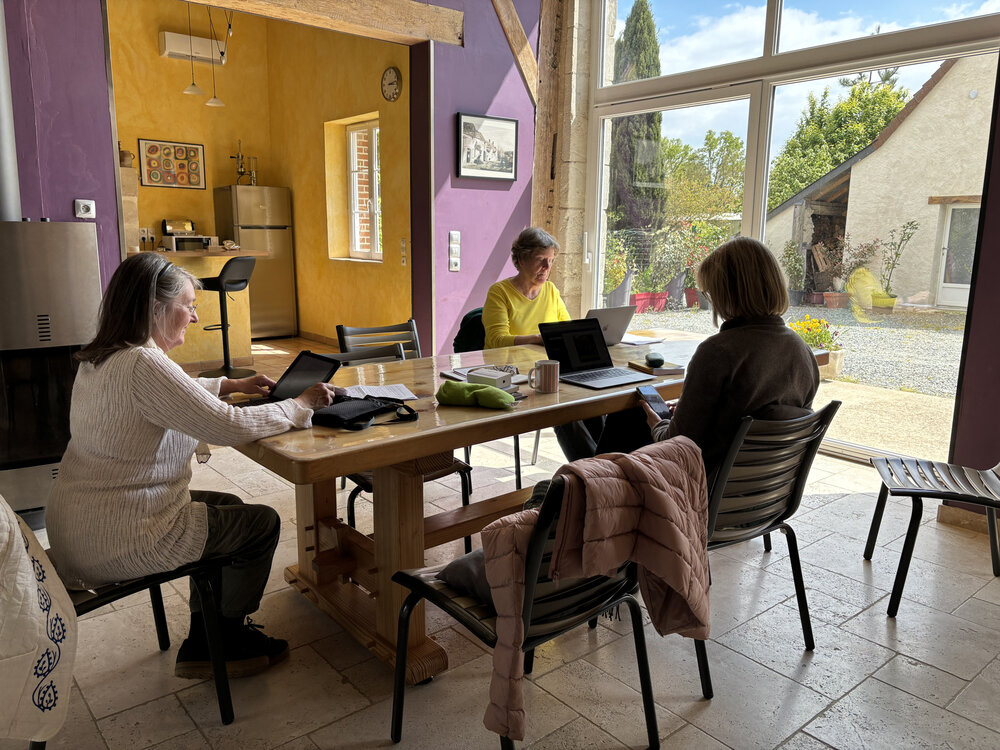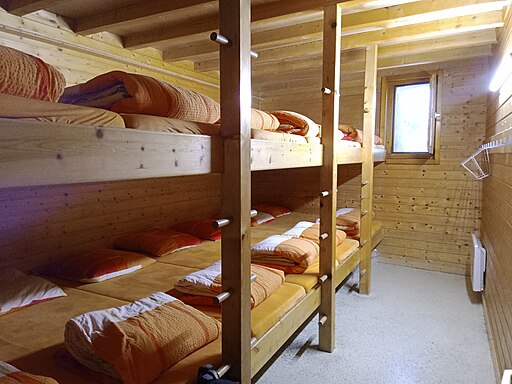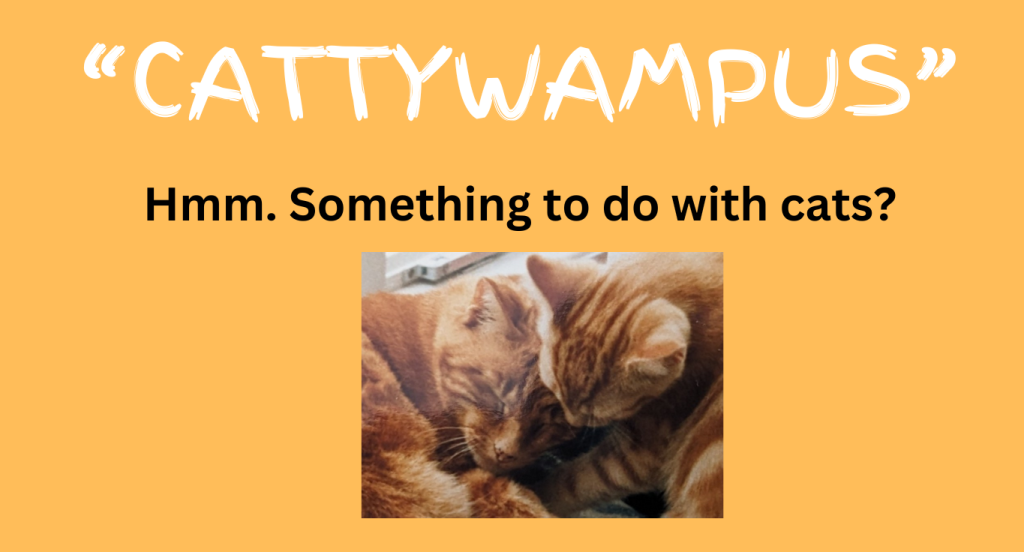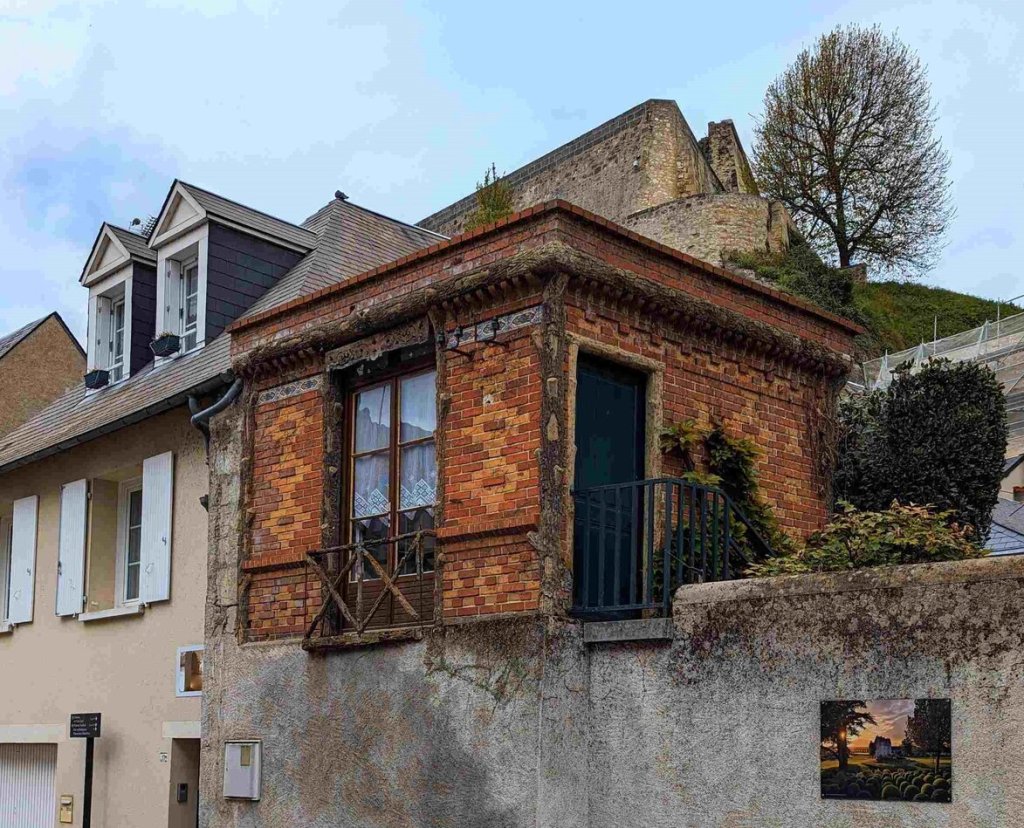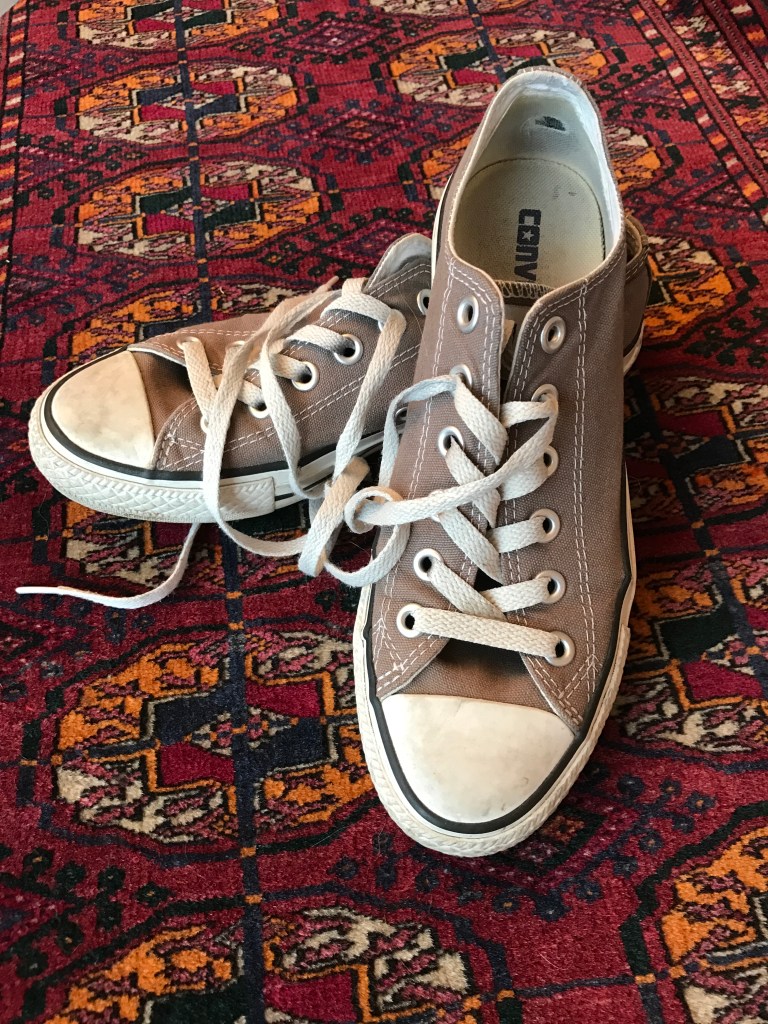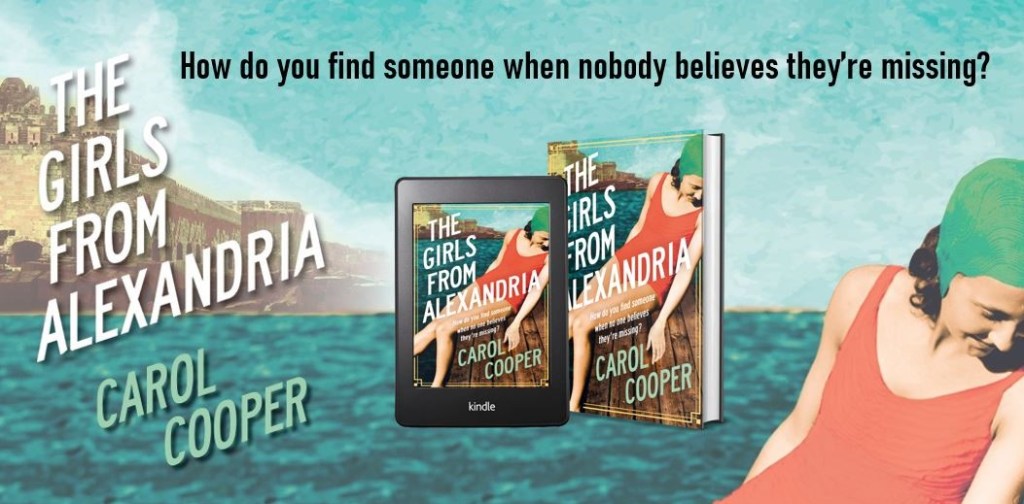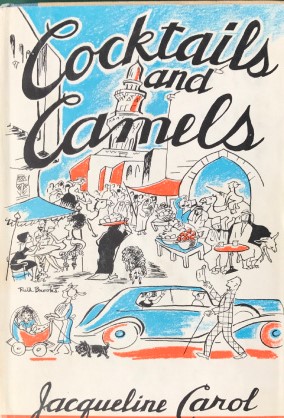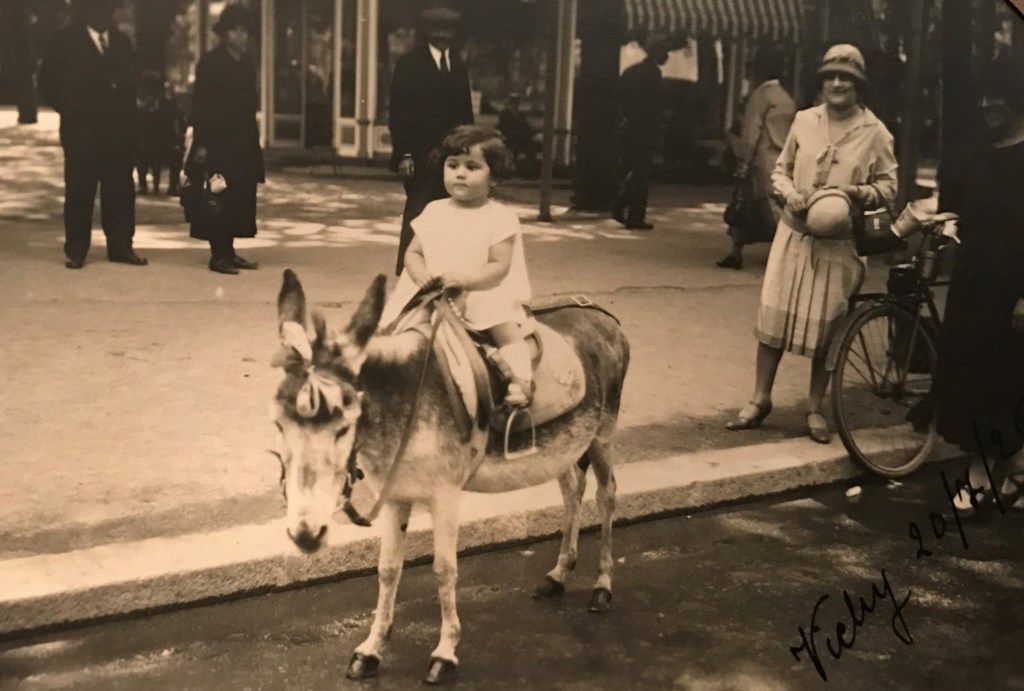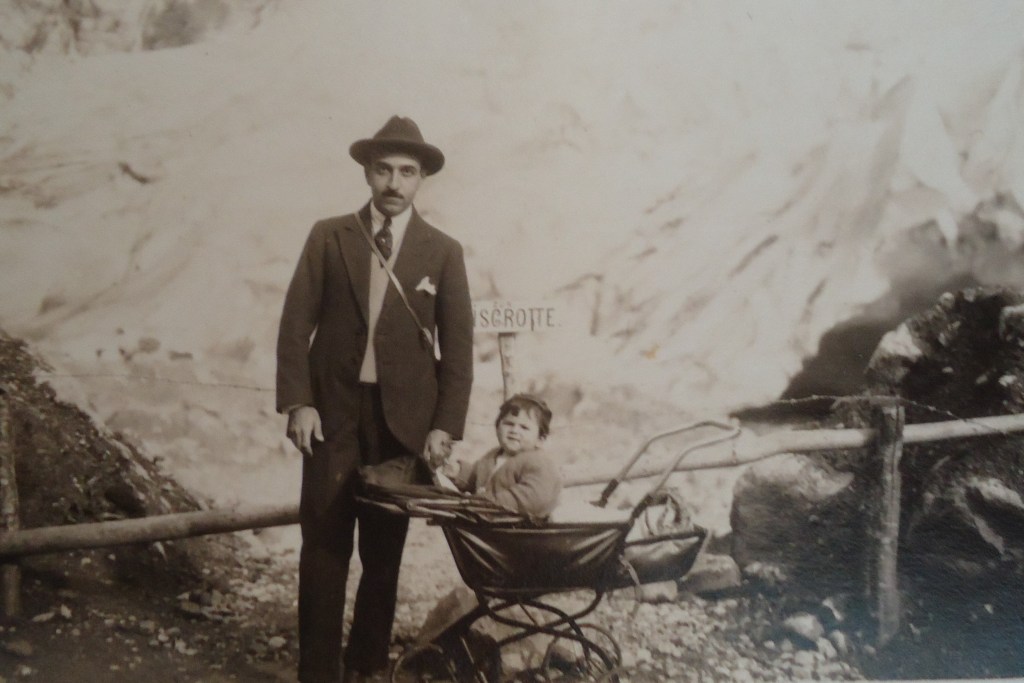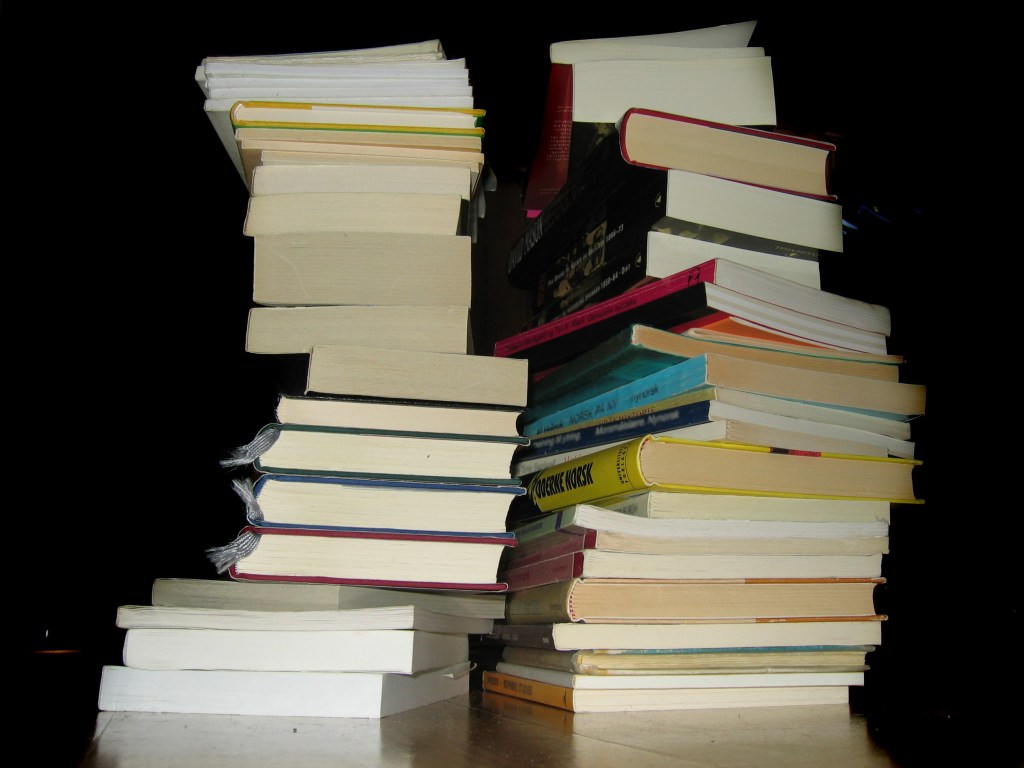Have you seen the price of Christmas crackers? And all you get for you money is one lousy ‘joke’ and a paper hat that goes up flames when you light the pudding.
Fear not. If you too have decided not to buy any this year, here’s something to make up for it – a totally free selection of the 12 worst gags and rhymes, each of them bad enough to be included in a cracker.
🎄Did you hear about the man who stole an Advent calendar? He got 25 days.🎄
☃️A man who was trapped in a snow globe factory wishes to thank all those people who helped release him. He says he is fine, albeit a little shaken.☃️
⛪In the churchyard I saw four men walking round and round with a coffin. An hour later, they were still there, still walking. They must have lost the plot.⛪
☃️What do you get when you cross a snowman with a vampire? Frostbite!☃️
🚜Paddy is ploughing his field with a steamroller. His neighbour says, ‘You thicko, you’re not supposed to plough with a steamroller.’ Paddy says, ‘How do you know I’m not growing mashing potatoes?’🚜
🎄The Christmas jumper my auntie gave me last year kept picking up static electricity. I took it back and exchanged it for another one, free of charge.🎄
🎄Woman gets a call from the double-glazing company telling him she hasn’t paid for his windows yet. She replies, ‘But your salesman promised they would pay for themselves.🎄
🧝What do you call an elf wearing earmuffs? Whatever you like. He can’t hear you.🧝
🏀Why should you never invite a team of basketball players for Christmas? Because they’re always dribbling. 🏀
☃️What did the snowman say to the aggressive carrot? ‘Get out of my face.’ ☃️
⭐Regular sex helps keep your memory alive. I wish you all a happy 2016. ⭐
You may be wondering why, after a long absence from my blog, I’m posting something so inane. It’s because, the world being as it is, the serious stuff can break your heart. So tell me whether you bought crackers this year.
Meanwhile, here’s wishing you an enjoyable Christmas and a peaceful New Year.
